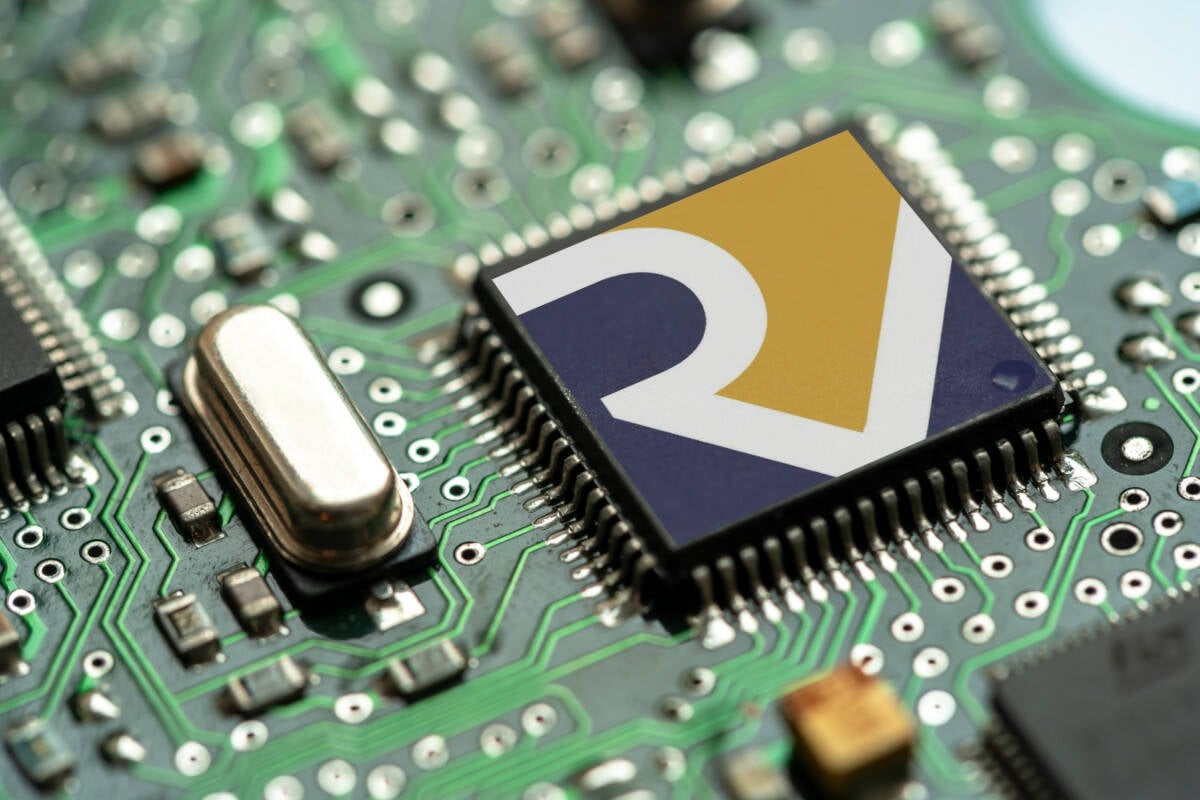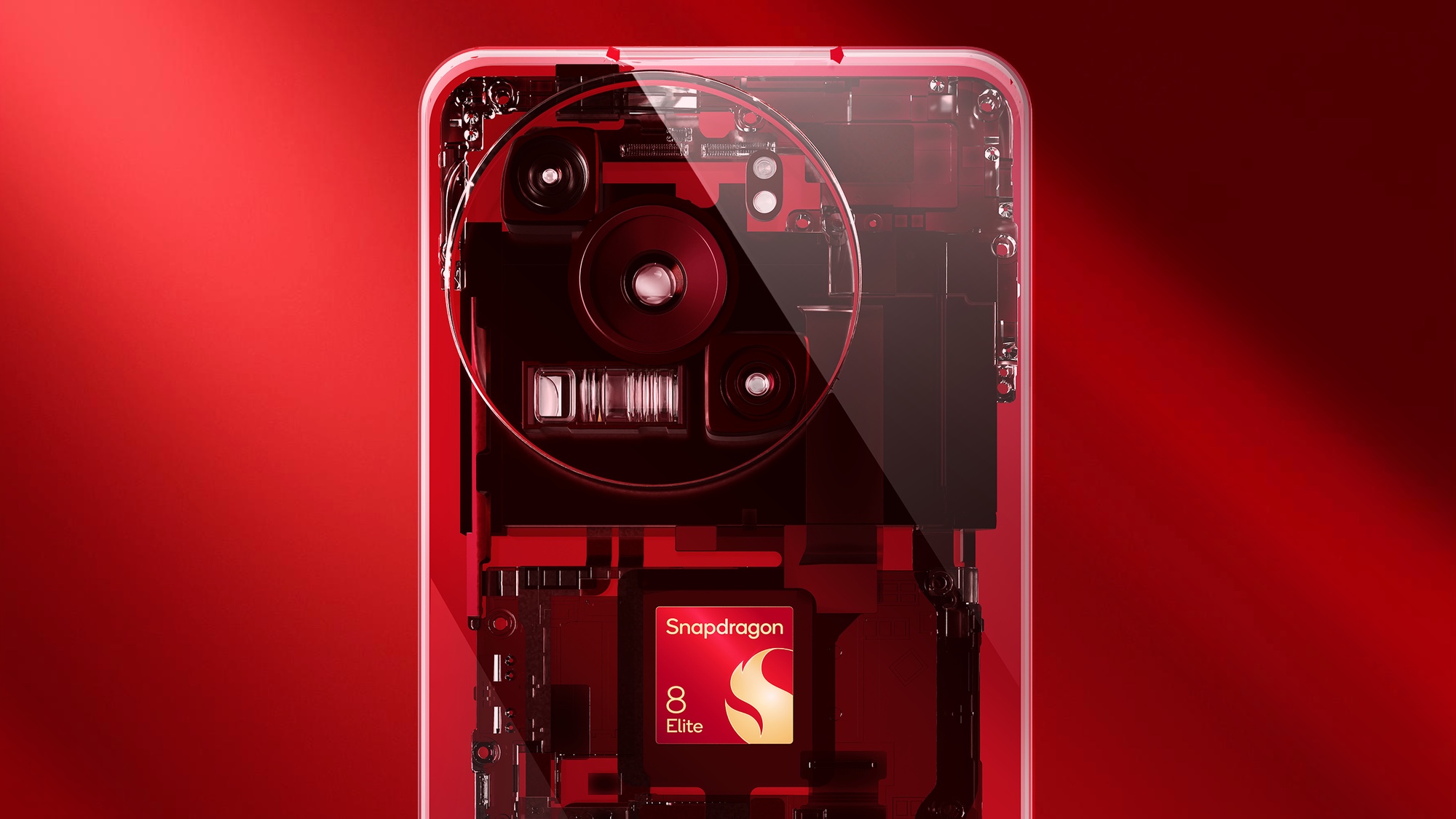
Earlier this year, the CEO of Hasbro said the firm was "going all in on digital play." When we catch up Hasbro's senior vice president of digital licensing Eugene Evans, we asked him for a little more insight as to what this actually means and he told us that, while it inevitably brings video games to mind, the 101-year-old toy company is also looking at new ways to explore the relationship between its physical and digital products. "None of us can escape digital in our daily lives, right?" he tells GamesIndustry.
biz . "Digital is an expression of almost everything we do. We're all carrying a supercomputer in our pocket these days that can do just about anything.
It can connect us with people. So how do we embrace the idea of what is at our roots? We're a very old company that has constantly reinvented itself, tried to stay fresh and relevant, and we're going through that now with our increasing focus on digital. "It doesn't take away from what we do on the physical side of stuff.
For example, Dungeons and Dragons is still ultimately about that expression of a group of friends sitting around the table, having a good time, trying to solve problems and tell stories together. But if we can augment that with tools and systems digitally, whether it's on their laptop, phone, iPad or TV, then hopefully it only embellishes the experience." Hasbro is still riding high on the success of two major video game hits from 2023: the acclaimed Larian-developed RPG Baldur's Gate 3 and Scopely's mobile smash Monopoly Go.
At first glance, these appear to be polar opposites with few similarities that would help inform Hasbro's digital strategy going forward, but Evans says this is not the case. "They actually have a lot in common," he says. "Both were in development for six years or so.
Both took huge teams, who managed to make it through COVID and succeed in finding their own market. And both are built by craftspeople, people who really understand their particular domain and figured out what fans wanted. "So despite the fact that they are such very different games on the surface, they have a lot in common – the most important part of which is this idea that we want to work with domain experts that understand their genre, and that we have an IP that can be truly additive to that genre in the market.
" "Every one of our products has to have a reason for being, and I think that's actually true of any game that should be entering the market today" Another similarity he mentions is that both development teams had a genuine interest and respect for the IP they were handling – particularly Larian with the fan favourite Baldur's Gate series. "Without that passion for the IP, you're not going to really deliver a product that's going to feel authentic and resonate with the fans. The fans go very deep on some of our IP and they know when it's not authentic.
"Every one of our products has to have a reason for being, and I think that's actually true of any game that should be entering the market today. Why does this product exist in what is an increasingly very competitive market that's full of products that are released every day? And it goes beyond just the superficial of the brand attracting people. Because it's very easy to think about it and go, 'Oh, well, it's Monopoly.
Somebody will see that ad and think, I'll check out a monopoly game.' But it goes beyond that. "On mobile you only have moments to capture somebody and keep them playing.
It's very easy to install, it's equally easy to uninstall. But there's a familiarity with Monopoly – when somebody opens the app, hits the big green button, the dice rolls, the token moves around the board, they immediately understand what they're doing." He acknowledges that Monopoly Go is not a direct translation of the 90-year-old board game, but argues that it does "capture the spirit of what makes Monopoly great," which has helped it become such a success with $2 billion in consumer spending after just ten months .
"Monopoly Go has not only become No.1 in mobile, it's arguably redefined what No.1 can be," Evans says.
"It is an order of magnitude above what the market has been today. And that's a very positive message – I think in many people's minds, mobile is struggling right now and there are certainly plenty of challenges around user acquisition and so on. But for Monopoly Go to do as well as it has in that environment, people should see a positive in that for the whole sector.
The right product, supported by a great brand, can actually find a new level for the market. "And if you look at the Top 10 or 20 games in the market, which have barely changed in the last five or six years, Monopoly Go's impact on those days has been negligible – so it's not a zero sum game. We're finding new gamers.
You don't get to 10 million DAU a day without finding new players." Elsewhere in the interview, Evans told us Hasbro and its subsidiary Wizards of the Coast has dozens of licensed projects in the works with various development partners , ranging from in-game brand collaborations to full standalone titles, and the company is keen to explore beyond the obvious applications – e.g.
RPGs based on Dungeons and Dragons. "We couldn't possibly build every expression that we think is possible with every IP we own" While Wizards of the Coast has been building new video game studios, the exec tells us licensing with partners will continue to be core to Hasbro's digital strategy. "We couldn't possibly build every expression that we think is possible with every IP we own," he says.
"But we've started a small number of studios that are focused on building AAA PC and console games, and are really building titles that are strategically important to us. Games that perhaps other people might not make." He points to two examples: Archetype Entertainment , led by former BioWare veterans James Ohlen and Drew Karpyshan, are making an original IP – a space opera called Exodus.
Meanwhile, North Carolina-based Atomic Arcade is building the new GI Joe game centred around Snake Eyes , led by a team experienced in making games such as Batman: Arkham Asylum. And the success of both Baldur's Gate 3 and Monopoly Go – again, seemingly very different to the aforementioned games – gives Hasbro confidence in these future digital projects. "We have proof points in the market that show that our IP can find an audience and that the returns are there," says Evans.
"The success is there.".














